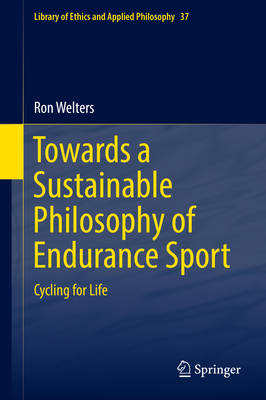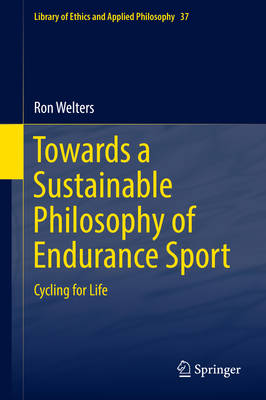
- Retrait gratuit dans votre magasin Club
- 7.000.000 titres dans notre catalogue
- Payer en toute sécurité
- Toujours un magasin près de chez vous
- Retrait gratuit dans votre magasin Club
- 7.000.0000 titres dans notre catalogue
- Payer en toute sécurité
- Toujours un magasin près de chez vous
Description
This book provides new perspectives on endurance sport and how it contributes to a good and sustainable life in times of climate change, ecological disruption and inconvenient truths. It builds on a continental philosophical tradition, i.e. the philosophy of among others Peter Sloterdijk, but also on "ecosophy" and American pragmatism to explore the idea of sport as a voluntary attempt to overcome unnecessary obstacles. Since ancient times, human beings have been involved in practices of the Self in order to work on themselves and improve themselves, for instance by strengthening their physical condition and performance through sport. In the contemporary world, millions of individuals engage in endurance sports such as running, swimming and cycling, to get or keep themselves in shape. This study focuses on the ethical dimension of long-distance sport, notably cycling, as a way to become better citizens, but also to contribute to a more sustainable society and healthier planet. Dominant world-views are challenged and an alternative vision is presented. Discourse analysis and conceptual analysis are combined with phenomenology and self-observations of a dedicated practitioner of endurance sport. This book is a great source for philosophers, sport philosophers, environmental philosophers, sport scientists, policy makers, sport journalists, and endurance sport practitioners.
Spécifications
Parties prenantes
- Auteur(s) :
- Editeur:
Contenu
- Nombre de pages :
- 195
- Langue:
- Anglais
- Collection :
- Tome:
- n° 37
Caractéristiques
- EAN:
- 9783030052935
- Date de parution :
- 04-03-19
- Format:
- Livre relié
- Format numérique:
- Genaaid
- Dimensions :
- 211 mm x 239 mm
- Poids :
- 453 g

Les avis
Nous publions uniquement les avis qui respectent les conditions requises. Consultez nos conditions pour les avis.






